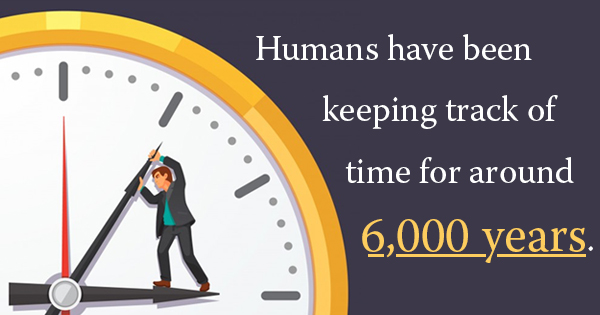Archive for August 2018
Optical Lattice Clock Won’t Lose or Gain a Second for 15 Billion Years
Humans have been keeping track of time for around 6,000 years. The ancient Egyptians were the very first group to tell time by using obelisks as primitive sundials. Cut to the 14th century, Europeans began using mechanical clocks to track time throughout the day. Nowadays we have GPS clocks, WiFi digital clocks, and even record-breaking…
Read MoreFrom Digital Scoreboards to Pitch Clocks, Baseball Is Ever Evolving
The smallest unit of time is known as Planck time, which is the amount of time it takes for light to travel Planck’s length. This interval of time equates to about 3.3 times 10 to the negative 44 power of a second. Though we don’t need to break down time that much in the majority…
Read MoreHow Network Time Protocol Can Help Your Organization
Network Time Protocol (NTP) is one of the oldest Internet protocols still in use today. Operating first in 1985, NTP clocks have provided all kinds of organizational benefits across both small and large networks. A dedicated network time server can help you avoid company-wide security risks. NTP servers can also prevent all sorts time-related issues,…
Read MoreImproving a Stadium With WiFi and Digital Scoreboards
Timing is important in virtually every aspect of life — including sports. Time is certainly essential for the players on the field, but it’s just as important for the fans sitting around the stadium. There are all kinds of clocks used across the globe. For instance, all 31 working satellites of the Global Positioning System…
Read More
